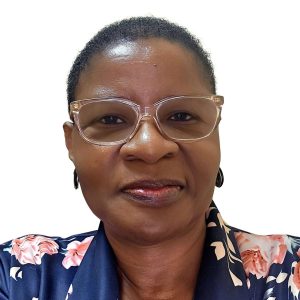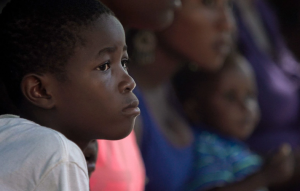Invictus
Out of the night that covers me,
Black as the Pit from pole to pole,
I thank whatever gods may be
For my unconquerable soul.
In the fell clutch of circumstance
I have not winced nor cried aloud.
Under the bludgeonings of chance
My head is bloody, but unbowed.
Beyond this place of wrath and tears
Looms but the Horror of the shade,
And yet the menace of the years
Finds, and shall find, me unafraid.
It matters not how strait the gate,
How charged with punishments the scroll.
I am the master of my fate:
I am the captain of my soul.
The first time I heard the second stanza of Invictus was early in 2011. I had been familiar with the first and last stanzas, but I was sitting at breakfast at a retreat when someone began reciting the poem. The second stanza nearly brought me to tears. I thought of how hard I had struggled to keep from breaking down after my son’s death, and my pride at the fact that very few persons had ever seen me cry. Yet the very burden implied in the words, “I have not flinched nor cried aloud”, hit me suddenly and I realized how lonely it felt to not share my pain openly with others. Interestingly, one of the persons at the breakfast table was Malidoma Somé, elder of the Dagara tribe in Burkina Faso, who has written extensively on the difference in perceptions of mourning and grieving between Dagara people and Westerners.
Recently a friend called to ask my advice about a family member whose son was also murdered. Apparently she has carried on life as if the incident never happened, and those around her, while aware that this could not be healthy, are at a loss as to how to help her. I gave her my opinion, based on the literature, but what I did not say what that I understood her silence. Even now, it is hard for me, as a grieving mother, to conceive that anyone else could even begin to fathom the enormity of pain that I hold. I look at the faces of other parents commiserating with me, and all I can see is terror that this might happen to their child. And I feel the futility of trying to lay my head on this other person’s shoulder.
Yet, the reality is that pain privately held is pain unhealed, and maybe that is why I have been finally moved to share my pain in such a public way.
In his book, ‘The Healing Wisdom of Africa’, Somé writes:
“In indigenous Africa one cannot conceive of a community that does not grieve. In my village people cry everyday. ..Grief must be approached as a relief of the tension created by separation and disconnection from someone or something that matters.
“…Many Westerners are beginning to see that there is also danger in remaining stuck with rage, anger and sadness , they are the directionless vehicles of a grief that remains hidden. When these emotions are not allowed a fluid catharsis one is left in a state of incompleteness. The end of the domination of one’s life by such emotions requires an outpouring of liquid. You cannot truly grieve within and remain composed without. Emotion is an extroverted phenomenon, and it cannot find its much needed release if expressed only inwardly. Denied an outward expression, grief grows stronger and organizes itself like a hurricane that can rise up and sweep us away. I have heard many times people express their fear of grief because they feel that if they even begin to release it, they will be overcome , eventually drowning in their own tears. Indeed, this is how it feels, but this is not what actually happens.”






